On June 19, Minister of Construction Nguyen Thanh Nghi explained and clarified a number of issues raised by National Assembly deputies regarding the draft Law on Housing (amended).
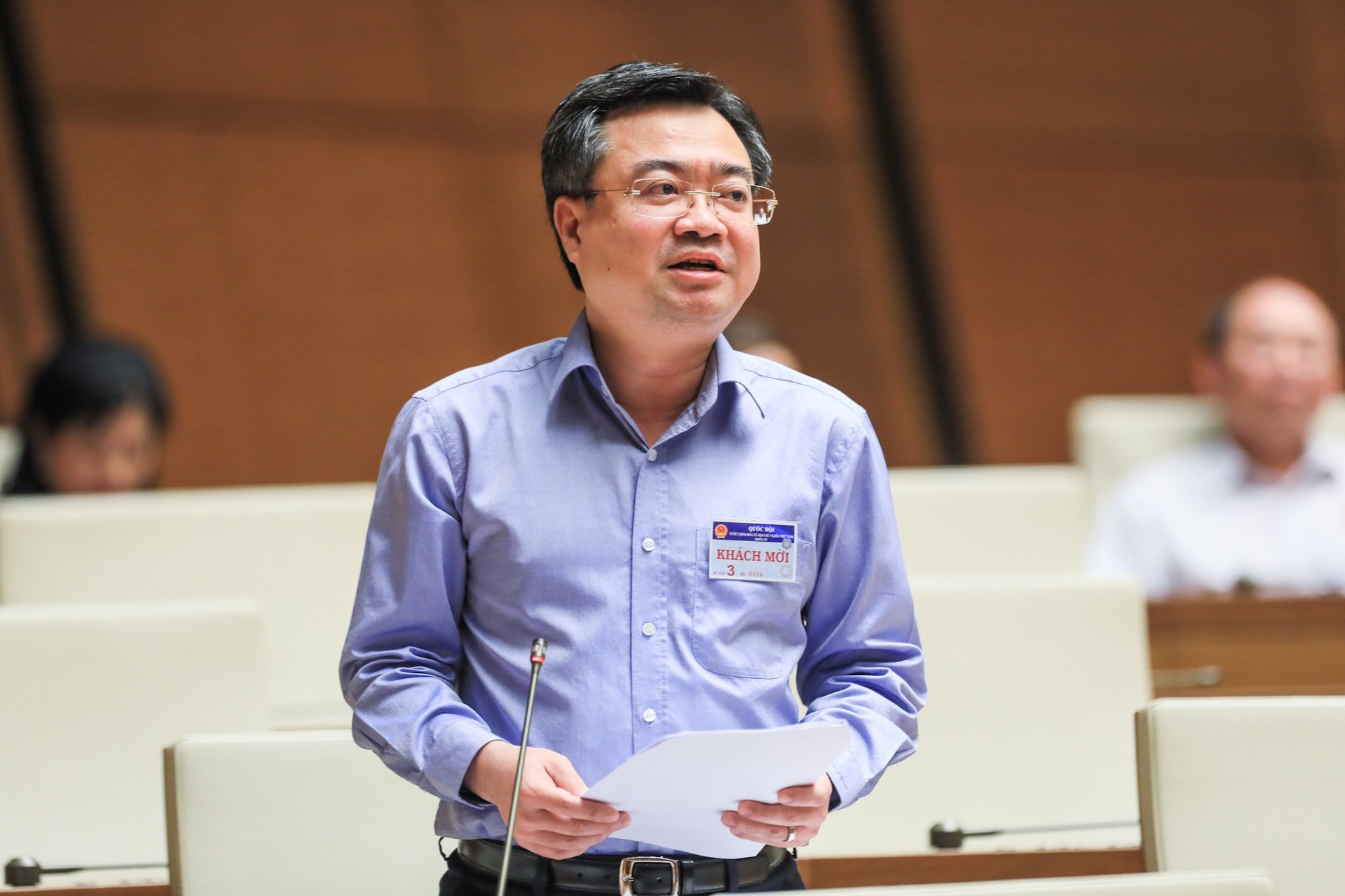
Minister of Construction Nguyen Thanh Nghi in a speech at the National Assembly
Regarding the proposal to consider regulating the conditions and number of types of housing that foreigners are allowed to own, to avoid affecting the housing needs of domestic citizens as well as ensuring security and national defense, according to Minister Nguyen Thanh Nghi, these are opinions related to the policy on foreign organizations and individuals being allowed to buy and own houses in Vietnam, which has been regulated since 2008 under Resolution No. 19 of the National Assembly and was supplemented and legalized in the Housing Law 2014, in order to create conditions for foreign organizations and individuals to feel secure living and working in Vietnam, contributing to encouraging foreign investment and promoting socio-economic development.
"The draft Law on Housing (amended) inherits the provisions of the 2014 Law on Housing, which includes provisions on conditions for foreigners to buy and own houses in Vietnam. Statistics show that since the 2014 Law on Housing came into effect, the number of houses bought and owned by foreigners in Vietnam is not large," said Minister Nguyen Thanh Nghi.
In addition, the 2014 Housing Law and now the draft Housing Law (amended) have also strictly regulated the types of houses, areas that can be purchased, and the number of houses that can be purchased and owned. Therefore, this regulation will not affect the implementation of other state housing policies such as policies on social housing, resettlement housing, and housing for low-income people in urban areas. The drafting agency will coordinate with the reviewing agency to carefully study, clearly demonstrate, and ensure compliance with the Party's policies and with relevant legal provisions.
Regarding the policy of developing social housing, related to land funds for building social housing, according to the Minister of Construction, each locality has different social housing needs and different budget sources, so letting the provincial People's Committee decide on the ratio of land use fees and land rents for commercial housing projects and urban areas in the area is in accordance with reality as well as relevant laws, such as laws on budget and laws on local government organization.
However, the drafting agency plans to report to the Government for acceptance and will supplement in the process of completing the draft law in the direction of only stipulating a certain percentage in the local budget, not stipulating the revenue rate from land use fees, land rent, investment projects in building commercial housing, and urban areas.
The regulation of reserving 20% of land fund in the current Housing Law has many shortcomings and is not suitable for reality as presented in the law implementation summary report. For example, the demand for social housing in the locality, regional characteristics, terrain, and project types can affect architecture, landscape, and even waste land resources. Therefore, the draft law amending the content of this regulation is appropriate, aiming to remove the above shortcomings.
Regarding incentives for investors in social housing projects, Minister Nguyen Thanh Nghi said that the specific determination of the proportion of private land for the construction of service and commercial facilities in social housing projects must be carried out in accordance with the law on urban planning and the law on construction.
The regulation on the 10% profit margin is only for the area of social housing construction, aiming to solve the current problem that the profit margin is calculated for the entire project. In addition, the draft law also stipulates that the selling price and rental price of social housing take into account other reasonable and valid costs of the enterprise to ensure the legitimate rights and interests of the enterprise. On the other hand, the investor also enjoys incentives for the area of commercial services and the investor enjoys all the profits of this area. Thus, in general, the investor can have a profit greater than 10% of the profit margin of the entire project as prescribed in the current Housing Law.
It is appropriate for the Vietnam General Confederation of Labor to participate in developing social housing for workers.
Regarding the development of workers' accommodation in industrial zones, the drafting agency believes that the current regulations on workers' accommodation are basically similar to social housing sold to other subjects such as being built on residential land, sold to workers and their families for long-term stay, being able to grant land use rights, enjoying preferential support, investment procedures for construction and purchase procedures are similar to social housing. As for workers' accommodation according to the draft law, it is a construction project invested in and built on the service land area within the scope of industrial zones according to the provisions of law on management of industrial zones and economic zones to arrange for workers and laborers to rent and stay during their working time in that industrial zone.
Arranging workers' accommodation on industrial park service land helps solve many problems, creating convenience for workers in industrial parks such as shortened investment and construction procedures due to synchronization with the industrial park; investment costs and management and operation costs of workers' accommodation will be reduced due to reduced infrastructure costs; convenient for workers in living; saving travel time, reducing traffic congestion; ensuring a safe and secure living environment... and ensuring full functional areas and spaces to serve accommodation needs including healthcare, living, culture, playgrounds, sports, services, and public utilities.
Minister Nguyen Thanh Nghi also said that the Vietnam General Confederation of Labor's participation in developing social housing for workers is consistent with its functions and duties of representing workers, caring for and protecting the legitimate rights and interests of workers according to the provisions of the 2013 Constitution and the 2012 Trade Union Law.
Source












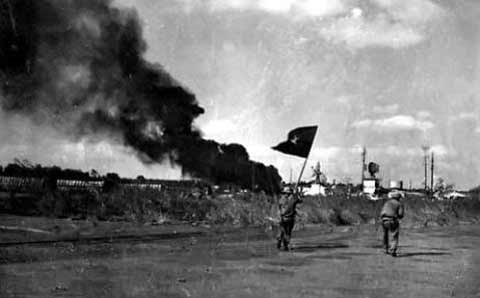



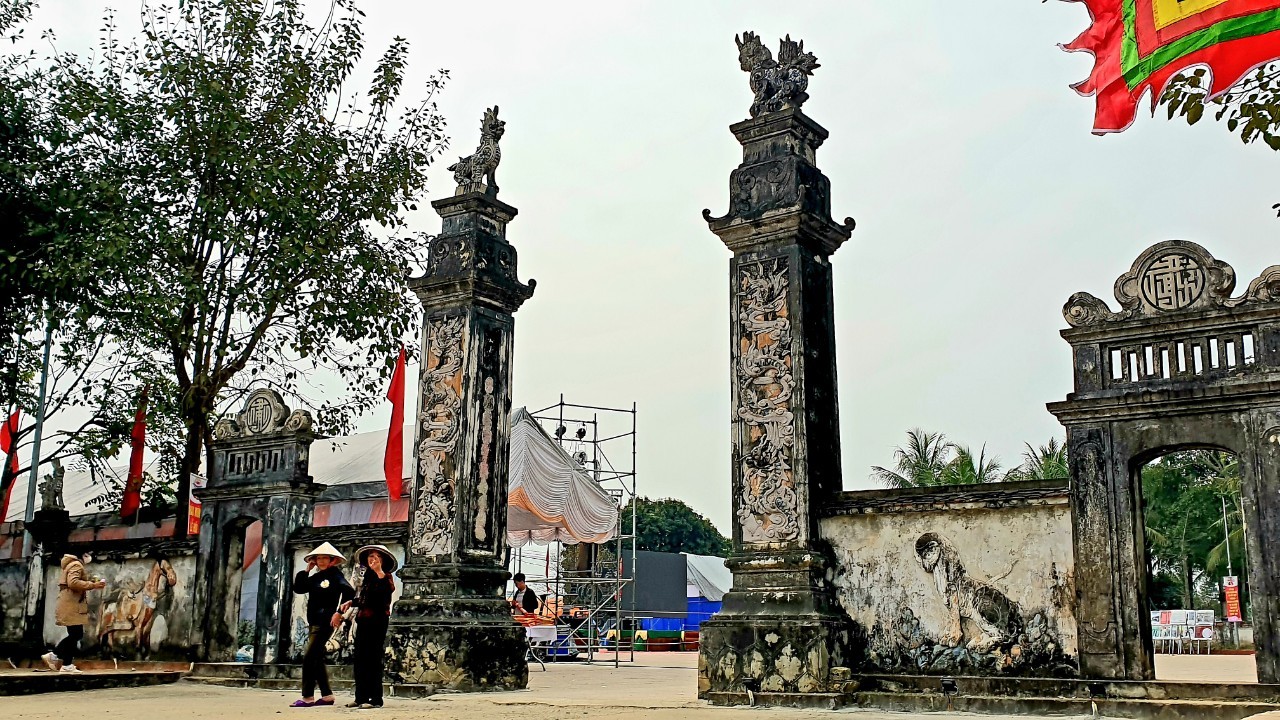



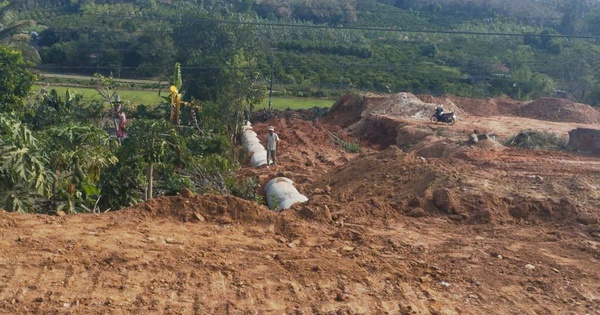

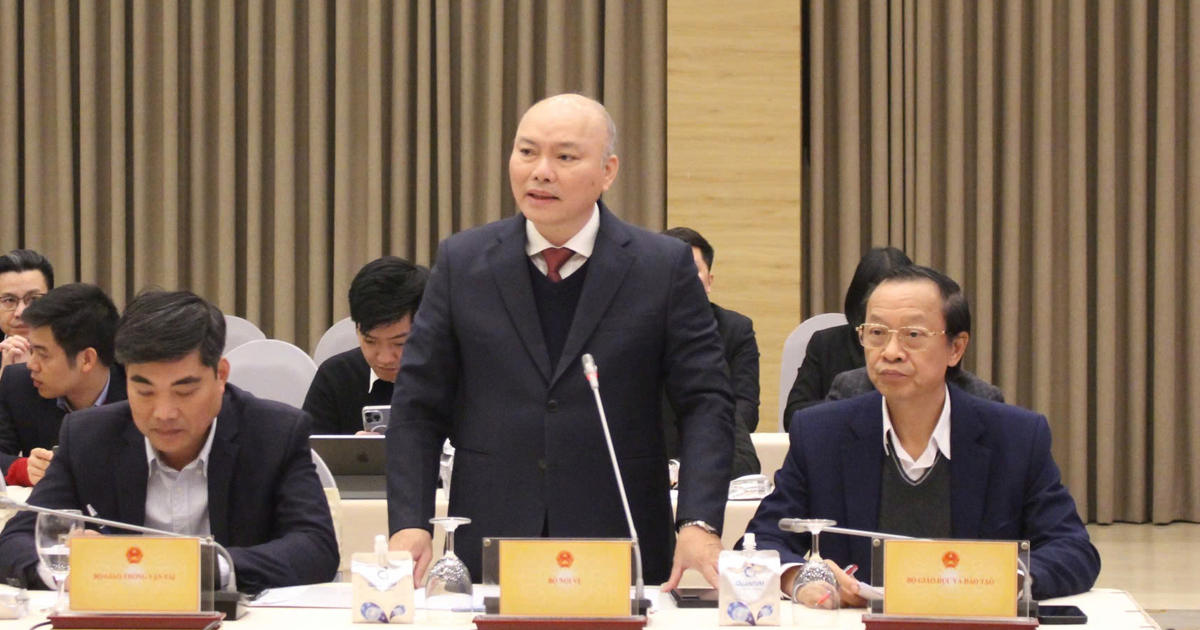

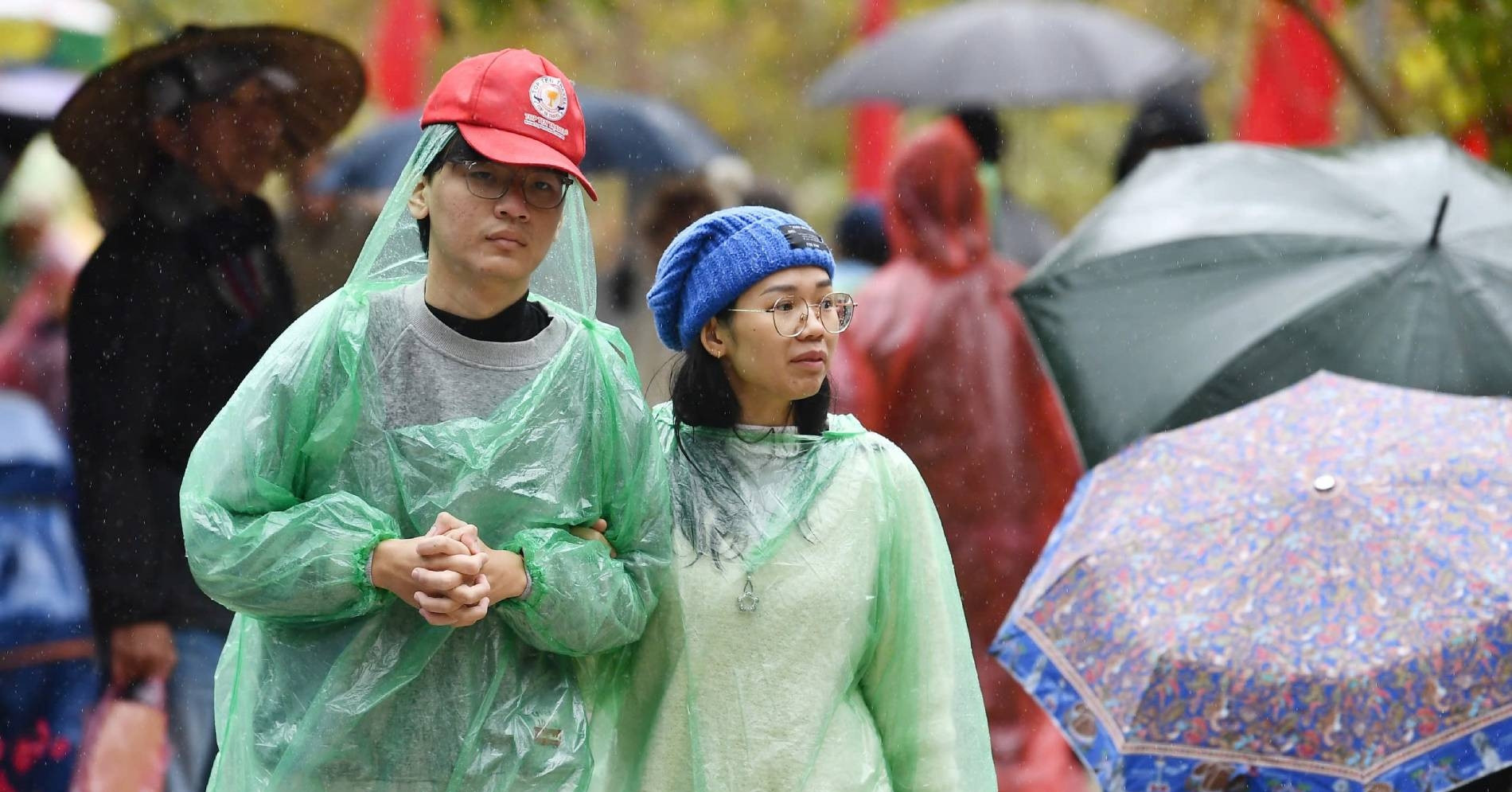


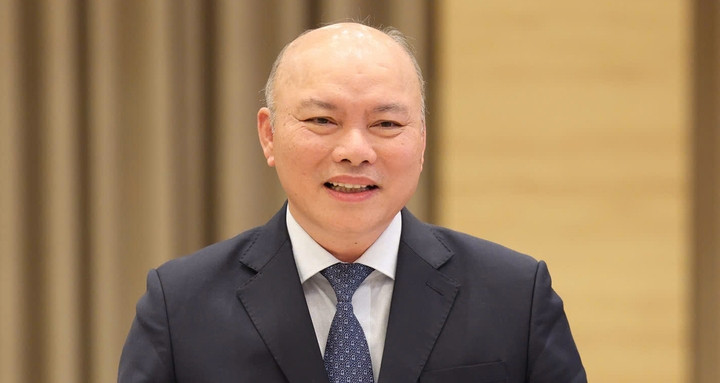
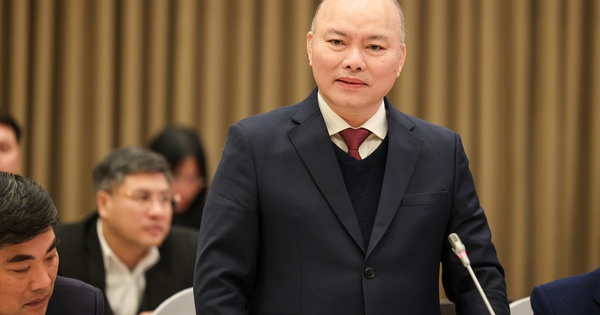


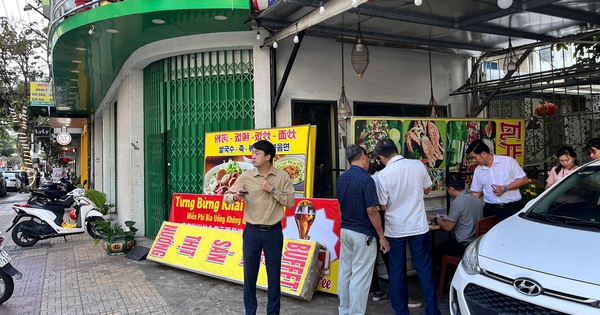








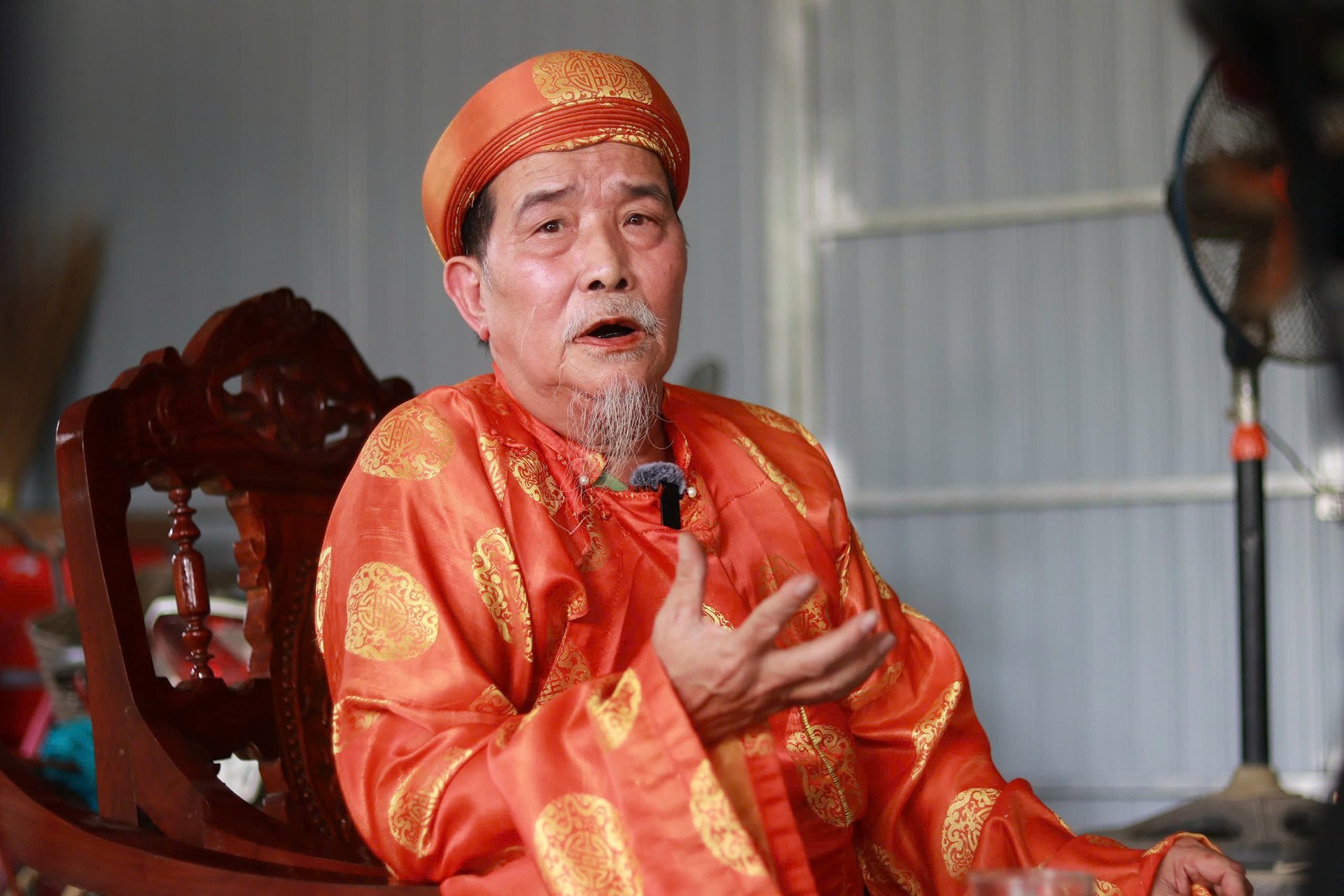
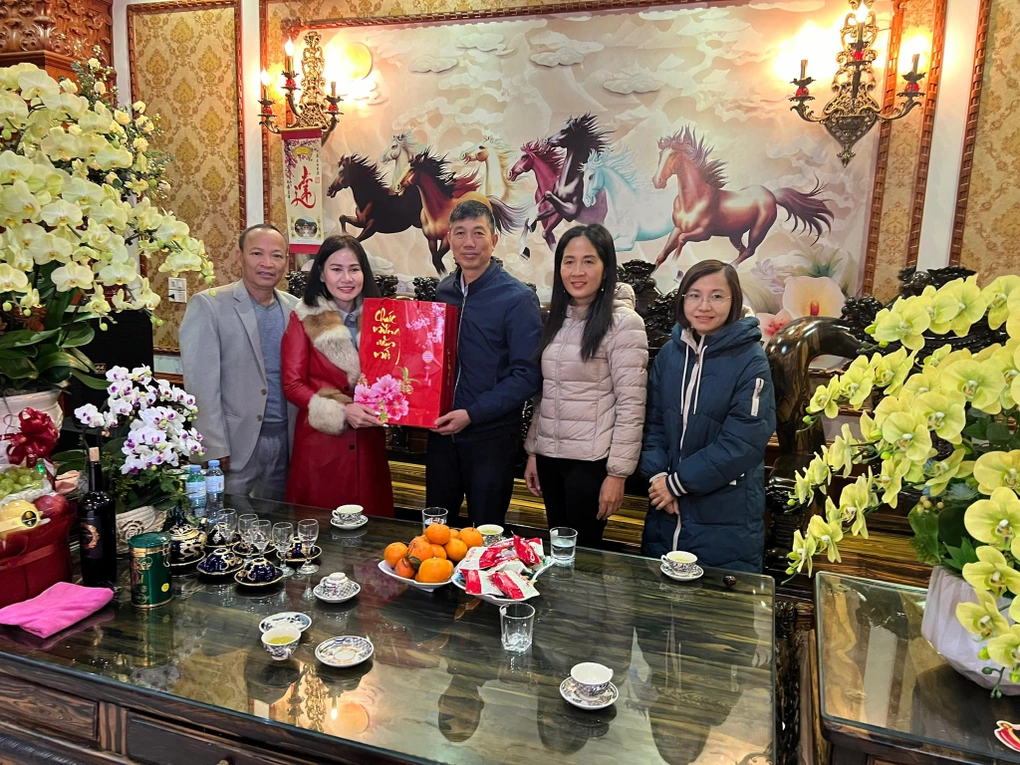





Comment (0)